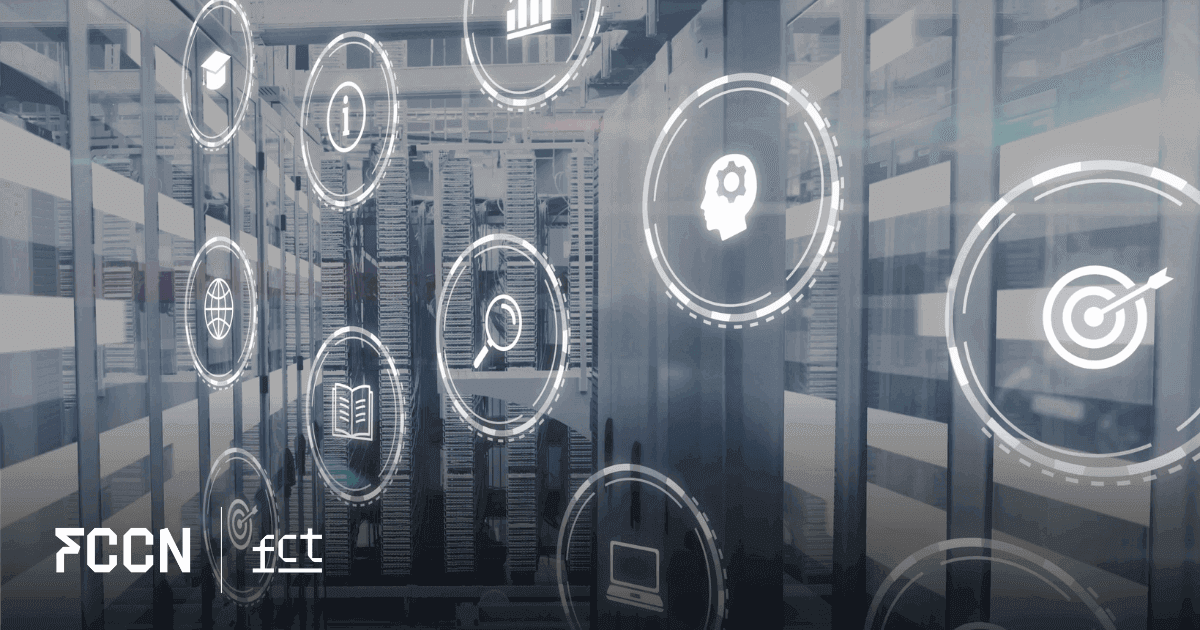On July 26th, “Day of the SysAdmin", to recognize the importance of the work performed by these IT professionals. We spoke with Joaquim Chitas, Systems Administrator at the FCT, in the FCCN digital services unit, to learn about the role and importance of this profession.
In an increasingly interconnected world, where networks and systems communicate with each other, it is increasingly important to manage and update these structures. This is the role of a Systems Administrator or SysAdmin, which are fundamental elements of the Information Technology departments of companies and organizations.
Joaquim Chitas is a Systems Administrator at the Foundation for Science and Technology, in the FCCN digital services unit, and has over 20 years of professional experience. “I have experienced a huge evolution in computer systems over the years”, begins by explaining that he chose this profession due to his “fascination with technology and computers”, as well as his pleasure in “solving problems and contributing solutions that help organizations be more productive”.
In general, system administrators are responsible for the installation, maintenance and administration of systems and IT infrastructure who provide support. This could mean installing servers, for example, configuring applications, and managing databases. They're also responsible for monitoring the performance and security of these systems, troubleshooting any issues.
“The Systems Administrator is essential for the proper functioning of organizations that depend on computer systems”, highlights Joaquim Chitas, explaining that a central part of the work involves “ensuring the normal operation of information and communication systems”, “protecting the organization's data” and also providing technical support to users, “enabling greater productivity”.
To be able to carry out this work, a SysAdmin he must master various operating systems and network protocols, in order to be able to use resources such as command line interfaces, programming languages or software specialized. There are three fundamental areas of activity – IT, networks and cybersecurity.
Connection to technology
The work of a Systems Administrator is crucial within an organization. Joaquim Chitas emphasizes that solving sudden and urgent problems and mitigating security risks are some of the most important work he has done at FCCN, as they can compromise the system's functionality. To this end, he explains, it is necessary to "keep up with technological developments in terms of operating systems, applications, and hardware”.
“I keep myself up to date with new technologies and trends through information and technical documentation available on the internet on specialized sites, by participating in events and workshops, and through attending technical training in specialized entities, that FCCN has provided me and which is part of the organization’s training plan”, says the SysAdmin.
A growing importance
Given how systems and networks are used today in all fields of activity, these professionals have the opportunity to work in various sectors and fields. The Portal Universia highlights how “there is a great demand in the job market” for these professionals, due to “digitalization increasingly carried out by companies”.
The same source cites a study created by the World Economic Forum (WEF) that highlights the tendency for all industries to “transform into smart industries"This reality generates an ever-increasing demand from companies for system administrators capable of implementing this technological transition," they conclude.
Joaquim Chitas shares the same opinion.The Systems Administrator profession is fundamental to the functioning of organizations today and will be even more so in the future with the predicted increasing use of information systems.”, he highlights, emphasizing that trends such as systems and architectures cloud, as well as Artificial Intelligence and Machine Learning will decisively influence this profession.












